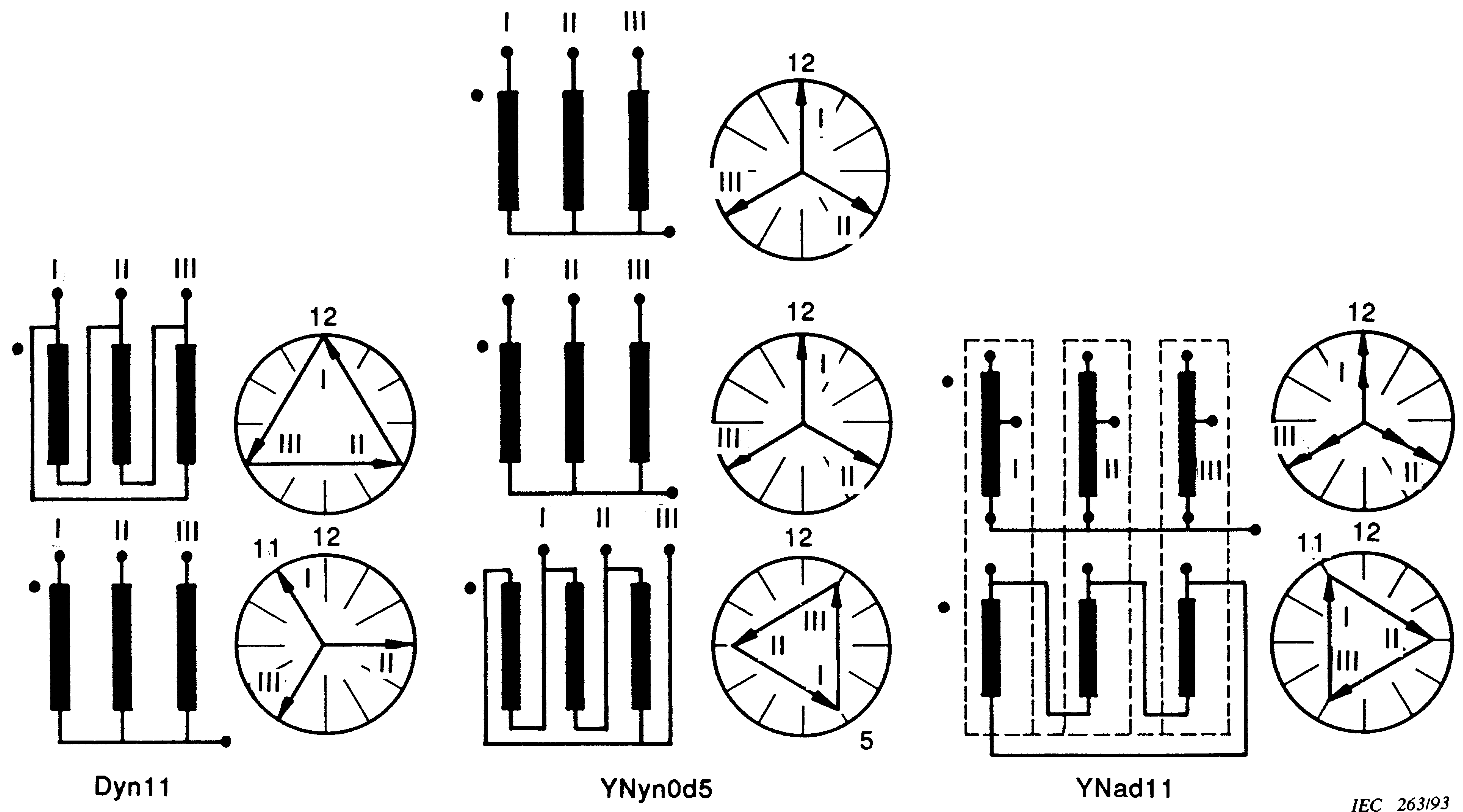Assessing the Impact of Unbalanced Loads in Distribution Systems using Unified Power Controller
Published:
In modern society, where electricity is the lifeblood of various activities, the reliable and efficient operation of distribution systems is of paramount importance. However, challenges such as unbalanced loads can pose a significant threat to the stability and effectiveness of these systems.
Unbalanced loads, what’s the fuss?
Distribution systems are designed with the assumption of balanced loads, where the amount of power taken by each phase is equal. But in reality, loads often vary, leading to an electrical imbalance that can result in voltage and current distortions, reduced efficiency, and increased wear and tear on equipment.
Enter the Unified Power Controller
To address the issue of unbalanced operations in distribution systems, one technology that’s been gaining traction is the Unified Power Controller (UPC). This sophisticated device acts as a control interface between various distributed energy resources and the grid, allowing for real-time monitoring and control to ensure balanced and optimized operations.
The UPC functions by intelligently distributing the load among different phases, mitigating the negative effects of unbalanced loads. It continuously analyzes data from sensors throughout the distribution system and makes instantaneous adjustments to optimize performance. By doing so, the UPC enhances voltage quality, reduces losses, and improves the overall stability of the system.
Assessing the impact
Assessing how unbalanced loads affect a distribution system is a complex task. Engineers and researchers use advanced simulation tools to model different scenarios and predict potential issues. With the integration of a Unified Power Controller, these systems can be tested under various unbalanced conditions to measure the controller’s effectiveness and its impact on performance.
The future is balanced
As the energy landscape evolves with the integration of renewable sources, electric vehicles, and other technologies, the importance of maintaining balanced distribution systems cannot be overstated. The advancements in control technologies, exemplified by the Unified Power Controller, are driving the industry towards a more sustainable and stable future.
In conclusion, unbalanced loads can disrupt the harmony of distribution systems, leading to inefficiencies and potential failures. The Unified Power Controller emerges as a promising solution to counteract these issues, offering real-time adjustments to optimize load distribution. Embracing such technologies will likely be the key to building resilient power infrastructures for the future.
this is a paper of mine you can see the full details here.


